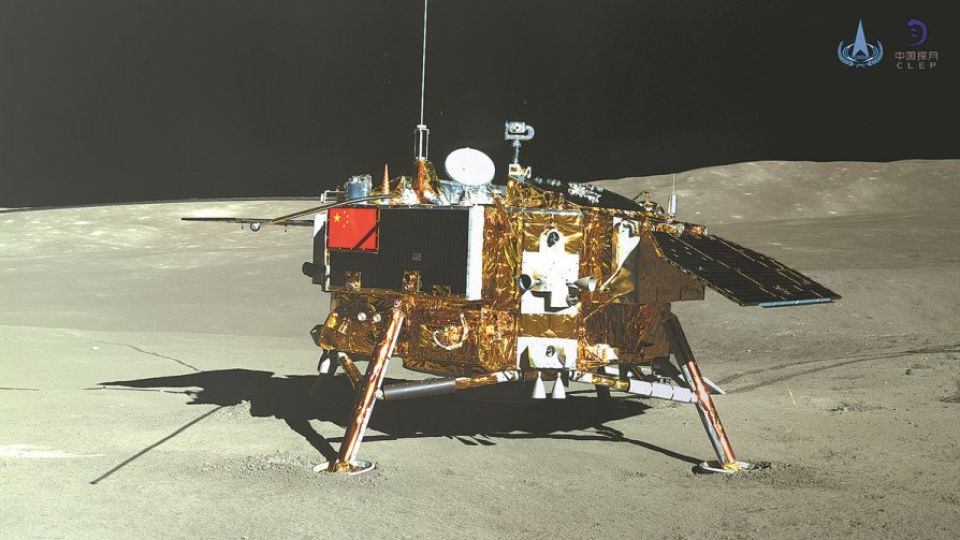January 5, 2023
BEIJING – All of China’s activities in outer space are intended for the country’s social, economic and technological development rather than for a “space race” with other nations, according to insiders in China’s space industry.
“We carry out spaceflights to develop high technology and improve economic growth and people’s living standard. We don’t take part in a space race with any other countries because competition in this regard is meaningless,” said Yang Yuguang, a senior space industry observer in Beijing and vice-chair of the International Astronautical Federation’s space transportation committee.
“If some people are so fond of a space race, then it is their own space race, and we will not get involved,” he said on Tuesday in Beijing. “In terms of moon landing, it is our business to decide when we will send our astronauts there, and it is no one else’s business. And when others will land their people on the moon is none of China’s business.”
Yang made the remarks to rebut NASA Administrator Bill Nelson’s recent claim that there already is a space race between the United States and China and that China is likely to dominate the field of lunar exploration and try to keep others out.
According to plans made by the China National Space Administration, the country intends to send its Chang’e 6 robotic mission to the moon’s far side and then collect and bring samples back. After that, the Chang’e 7 and 8 unmanned spacecraft are scheduled to land on the moon’s South Pole to establish a science outpost.
“We’ve chosen the South Pole as the location of our future research station, and that means we will deploy our probes there. But that should not be translated into ‘Chinese occupation’ of the region,” Yang said. “As long as your spacecraft will not affect the safety of ours, you can place them anywhere you wish, but if you deliberately land a spacecraft very close to ours and its engines’ blaze damages our equipment, then such acts are nothing but provocations.”
The researcher said there are rules in any line of work, and lunar exploration is no exception.
“It is universally accepted that a spacecraft should not disrupt the operations of others that have already been there before it,” he added.
Wang Yanan, editor-in-chief of Aerospace Knowledge magazine, said the nature of China’s space activities is peaceful, as the nation has never wanted to use its space endeavors to harm other countries.
“Nelson seems to enjoy his personal hobby of sensationalizing ‘China’s threat in space’. I don’t know the exact reasons behind his move, but I am convinced that it is largely related to money, or more specifically, his struggle for more funds to his agency,” he said.
China always welcomes other nations’ goodwill and invitation of cooperation when it comes to space exploration, Wang said.


